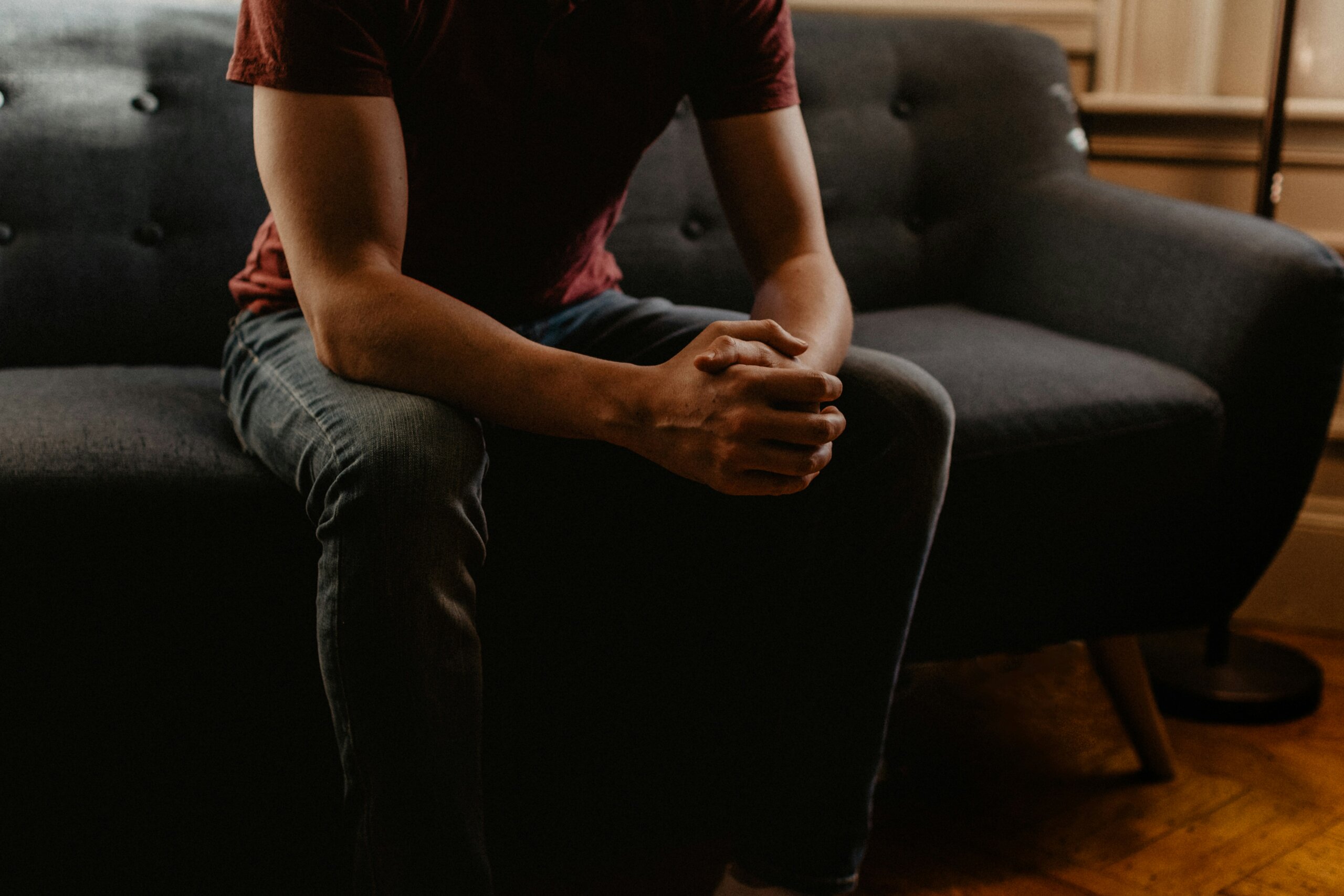No matter if this news is a complete shock to you or if you suspected it for a while, dealing with a diagnosis of any kind is not easy.
It can turn your entire life upside down. You may be in shock. You may feel relieved. Either way, it will take a bit of time to adjust to the news.
It can be difficult to determine your next steps after receiving the news. While anxiety is a common emotion, an anxiety disorder diagnosis is a completely different ball game.
If you’re not quite sure what to do or where to go next, you’re not alone. Here’s what to do after an anxiety diagnosis.
Do Your Research
Now that you know you have an anxiety disorder, it’s the perfect time to educate yourself and do a little research to learn more about it. Anxiety doesn’t have to be debilitating. The more you know, the better you’ll be prepared and feel about the outcome. Read books, listen to podcasts, or follow like-minded people on social media who openly talk about their strengths and struggles. You can also talk to your doctor or mental health professional about your condition and any specific questions you may have regarding your diagnosis and treatment plan.
Eat a Well-Balanced Diet
Taking care of yourself is important no matter what. It can be even more important when struggling with a mental health issue. Anxiety has a way of creeping into a person’s daily life and routine and causing disruptions. You can get ahead of this by taking care of yourself. This means fueling your body with healthy and well-balanced meals throughout your day, drinking enough water, and not skipping meals.
Prioritize Your Sleep
Taking care of yourself also means making your sleep a priority. Anxiety can make it harder for someone to fall asleep at night and stay asleep during the night. This can be a vicious cycle because if someone isn’t getting enough sleep, their body and brain won’t get enough rest and recovery. It will become even harder to perform to the best of their ability. You should be aiming for at least eight hours of sleep every night. This also means trying to practice good sleep hygiene by going to bed around the same time each night and waking up around the same time each morning.
Move Your Body
Exercise is known for its benefits for one’s physical health, but it’s also extremely beneficial for one’s mental health. When someone exercises, “feel good” chemicals or endorphins are released. These naturally help to reduce stress, relieve anxiety, and improve one’s overall mood. The best part is that you don’t have to spend hours at the gym or participating in activities that you don’t actually enjoy. All it takes is getting your heart beating and blood pumping. You can move your body by going for a walk outside, attending a workout class with a friend, or stretching on a yoga mat in the comfort of your own home.
Avoid Unhealthy Coping Mechanisms
Receiving news of an anxiety diagnosis can be overwhelming. It’s important to stick to healthy coping mechanisms to avoid additional or worsening signs and symptoms. This means avoiding things like drinking, drugs, gambling, or other reckless behaviors. While unhealthy coping mechanisms may seem like a quick and easy fix, they can turn into a vicious cycle and will only make things worse in the long run.
Seek Additional Support
No matter what type of anxiety you have, you’re not alone. After a diagnosis, you’re still not expected to have all of the answers. While there are things that you can do and lifestyle changes you can make to feel like you are in control over your anxiety, it’s beneficial to have additional support. You can read more about anxiety therapy here. A licensed and trained mental health professional has the background and tools to help you move forward in your life again. Reach out today to set up an initial consultation.

